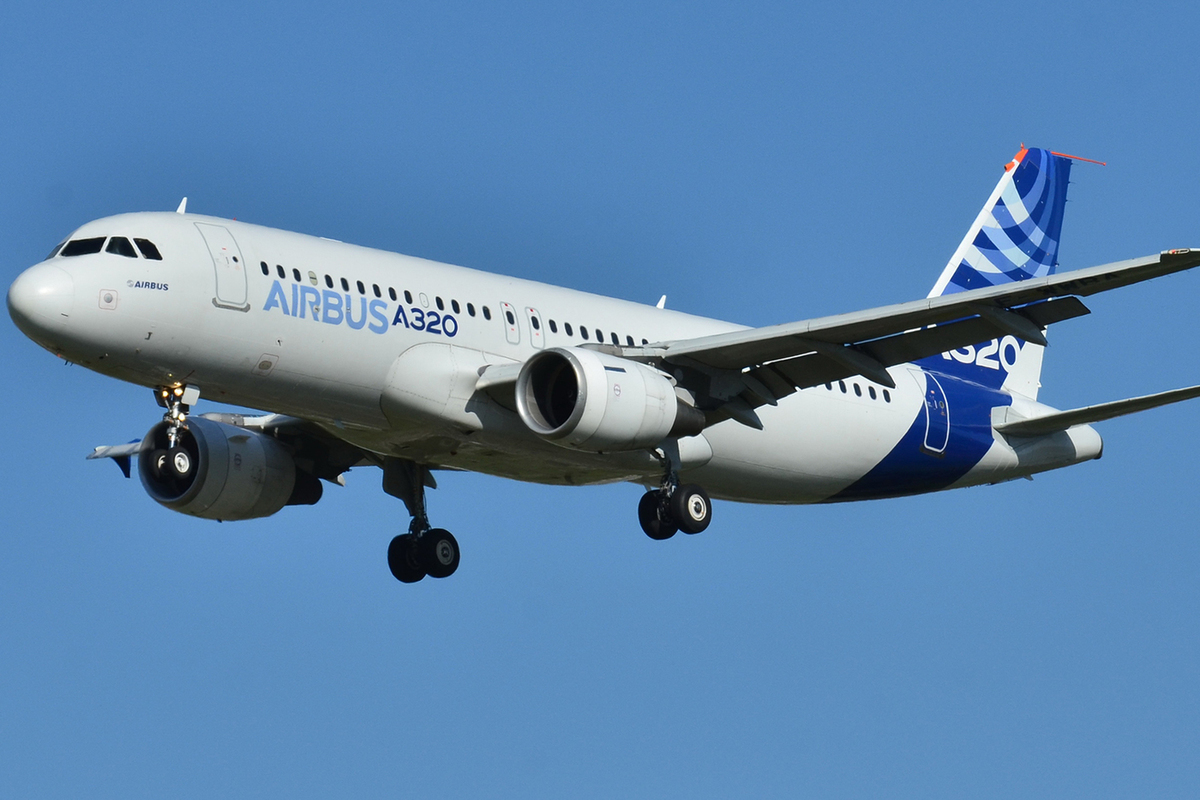They demanded to spend huge amounts of money to buy back foreign aircraft: why so much?
[ad_1]

Aviation expert Panteleev: “Now no one would dare say that we stole these airliners”
Imported aircraft from domestic carriers are slowly being registered in Russia. Starting from 2023, companies will buy leased airliners using funds from the National Welfare Fund (NWF). The three hundred billion allocated last year have already been spent. The Ministry of Transport made a proposal to continue spending state reserves on the purchase of aircraft and to allocate another 295 billion rubles for these purposes. MK was looking into whether such a step was justified.
With a proposal to allocate another 295 billion rubles. From the National Welfare Fund, the Ministry of Transport came forward to buy imported airliners. Why is this being done? Firstly, leased aircraft can be seized at any time at the request of the owner, even in a friendly country. Secondly, the airline’s own fleet is also at risk, since the lessor can seize them too to ensure its claims.
Last year, the National Welfare Fund already allocated 300 billion rubles for the conversion of such aircraft into Russian ownership. in the form of loans for 15 years at 1.5%. The interest, of course, is ridiculous, but the money still needs to be returned in the future. Then the measure allowed the purchase of 162 aircraft from several carriers – this is more than a third of the fleet owned by foreign lessors. Executive Director of Aviaport Oleg Panteleev spoke about the prospects for the second tranche of MK.
– I would like to emphasize that NWF funds are provided to recipients on preferential, but still repayable terms. This is a very effective method of support.
– It turns out that this is not a subsidy, but a loan? In other words, the state lends money to carriers…
-Basically, yes. There are different implementation mechanisms. For example, by issuing bonds at low interest rates. But it is fundamentally important that this is not gratuitous assistance, but repayable assistance. Meanwhile, the cost of such borrowings is significantly lower than the inflation rate and the interest rate set by the Central Bank. In 2022, when we found ourselves under sanctions, the European Union demanded that its companies within a month break contracts and return aircraft that were leased to Russian airlines. The Russian government has banned domestic carriers from handing over aircraft. A decision was made according to which the removal of aircraft and engines from the country is possible only by decision of a special interdepartmental commission. All and sundry accused Russia of stealing these planes. At the same time, in fact, the Russian government intended to continue mutually beneficial partnerships with leasing companies. Nobody was going to steal these planes. Therefore, Russian airlines, after some time, began to accumulate leasing payments in special ruble accounts. So, in principle, foreign leasing companies could take this money. The other side of the issue is that the sanctions mechanism initially allowed for the possibility of purchasing aircraft by Russian airlines if these aircraft were transferred under so-called financial leasing – this is when the airliners become the property of the company. Subsequently, a decision was made on the possibility of regulating the relationship between foreign lessors and Russian airlines regarding aircraft that were under operating lease – this is when the aircraft are returned to the owner after the end of the lease. As a result, Russian airlines took advantage of the relaxations that the Europeans gave, and now the issue is being resolved this way: the Russian insurance company regulates relations with foreigners and transfers these aircraft, through a domestic leasing company, to Russian air carriers.
– And what do our companies benefit from this?
– In fact, airlines remain with the same aircraft, but they belong to a Russian legal entity, leasing payments are lower due to the attraction of funds from the National Welfare Fund, airlines save money, money remains in the Russian budget, carriers have the opportunity to submit an application to the aviation authorities of Bermuda with a requirement to stop registration in their registry . After this, these aircraft remain only on the Russian registry, which makes it possible to use them on routes to a number of countries that do not accept aircraft with dual registration, for example, to China or Turkey. Now no one would dare say that we stole these planes. Russia is ready for constructive cooperation, and as soon as the Europeans begin to resolve issues without political motives, everything will be resolved successfully.
-Is the withdrawal of funds from the National Welfare Fund for these purposes justified?
-For the Russian aviation industry, resolving issues with foreign lessors regarding the equipment that is in the fleet of Russian companies is an absolute plus. A larger number of aircraft will be able to be used on international routes, and there will be fewer sanctions risks. In addition, there is the flexibility carriers need. Since the owner is a Russian company, it can sell this plane and raise funds using this property as collateral. Airlines receive a predictable lease payment.
-How dependent is Russia on foreign aircraft?
-If we are talking about the most massive transportation on long-haul aircraft, then foreign-made airliners dominated here. Yes, a serious contribution was made by Sukhoi Superjet aircraft, of which there are about 150 in the fleet. But what are one and a half hundred hundred-seat aircraft against a smaller number of aircraft, but with a larger capacity, produced by Boeing and Airbus? Foreign cars made a greater contribution to passenger transportation than domestic airliners. This fleet of aircraft needs to be legalized and maintained on the wing.
[ad_2]
Source link






